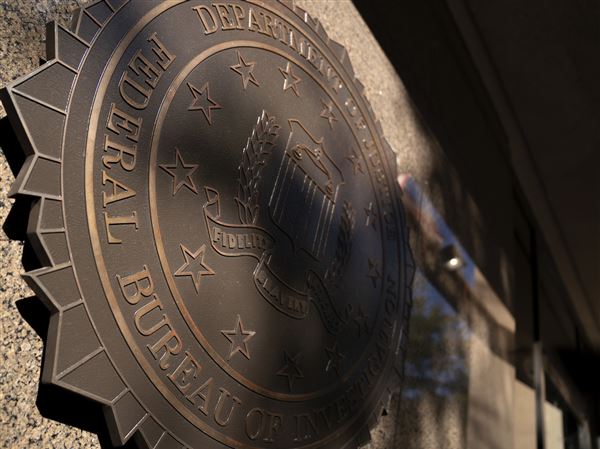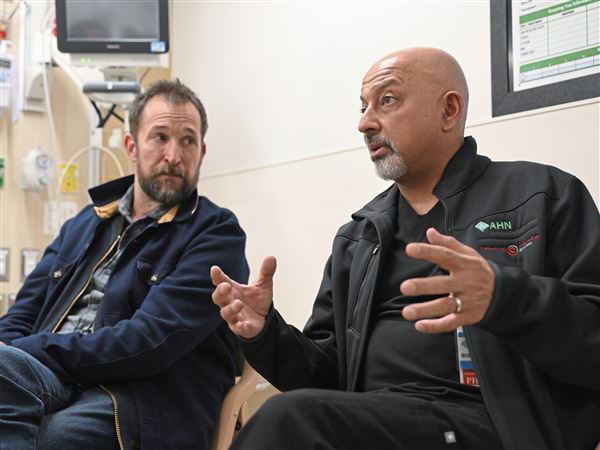Pittsburgh residents and those commuting into and out of the city are long accustomed to landslides that cause detours on Mount Washington and in other city neighborhoods. But the landslide along Route 30 in East Pittsburgh showed how susceptible the region is to catastrophic failure.
Western Pennsylvania’s hilly topography always portends the possibility of slides due to heavy rain or inadequate drainage. While talk of infrastructure improvements often focuses on paving roads and repairing bridges, shoring up hillsides is an important component, too. Municipalities and the state must plan for it. If the federal government passes a big infrastructure bill, a portion of the funds flowing to Pennsylvania should be earmarked for hillside maintenance.
Some landslides are so big that remediating them takes years, and they get their own line items in the state Department of Transportation budget. That’s sobering and all the more reason for federal, state and local governments to pool resources for addressing these disasters, which can wipe out roads, neighborhoods and lives.
So far, this has been a particularly bad year. In February, slides demolished a home near the West End Circle and forced evacuations in Garfield, Spring Garden and Perry North. Slides, or the threat of them, also forced street closures in Mount Washington, Spring Hill, Swisshelm Park, Squirrel Hill, the South Side and the West End.
The city’s capital budget generally includes an allocation for slope remediation, and ideally, the money should be used for preventive maintenance such as fencing and retaining walls. This year, Mayor Bill Peduto’s office said, the city already has eclipsed its $2.25 million appropriation because of all the emergency repair work that’s had to be done. Additional funds will have to be sourced from other line items.
Across Allegheny County, about 70 slides have been reported this year. The biggest damage in the area occurred last weekend, when a slide collapsed a section of Route 30 in East Pittsburgh, damaged two apartment buildings and two houses and forced the evacuation of about 30 people. The county and Gov. Tom Wolf said they are seeking federal disaster relief to assist with recovery efforts.
PennDOT has no specific pot of money for preventive maintenance, partly, it says, because it’s difficult to know what’s happening below ground and predict where slides will occur. But it does monitor proven hot spots.
The city appears to be going a step further; city council recently passed legislation creating a slope remediation task force, made up of representatives of the council budget office, city controller’s office and the public safety, public works, law, finance and mobility and infrastructure departments. The group is to figure out where the problem sites are and develop a strategy for addressing them.
Money may be tight, but government needs to expend more effort on initiatives like this and nip as many problems in the bud as possible. Regardless of where they live, people are entitled to the basics — safe streets, drinkable water, functioning sewers and homes secure in their footprints. A community is only as strong as the ground it sits on.
First Published: April 15, 2018, 4:00 a.m.














